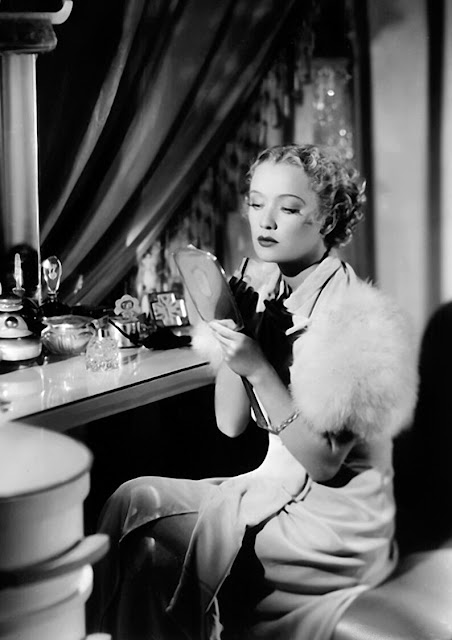Ruby Dee: Coiled And Bright And Brilliant
Tennessee
September 1982
New Orleans
There is something about acting that [Elia]
Kazan was always discussing when we worked together, and I feigned an
understanding of what he was saying: He talked about terminal acting: well,
really, about terminal art: acting, writing, directing. I believed that he was
referring to gravity or a seriousness of purpose, but I came to see that it was
actually a means of expression that had plumbed every possible
resource—emotional, physical, intellectual—to bring a character, a situation,
an entire play to the understanding of both the actor and the audience. I keep
reminding you of the futility of sitting before a page until you have some
tremendous stake in the work, until you have something mighty at stake, until
you have some recognizable people in tremendous peril. Something, for God’s
sake, has to be at stake. I’ve told you of some actresses who are pregnant with
peril—a term that I learned either from reading Virginia Woolf or from sitting
up at night with Tyrone Guthrie.
Ruby Dee is frighteningly pregnant with
peril, and everything she owns and shares—her physical and emotional being, her
emotional and psychic inventories—are fully on display in her work, no matter
the play, the film, the television work. I do not know Ruby Dee, and I have no
idea of her life or the situations that she has subsumed and transformed into
material for art, but there are stories there, there are lessons, and she
shares them with us—she has shared them with me—each time she steps forward and
acts.
There is a myth about revelation in art.
Everyone came out of classes with Lee [Strasberg] and thought that what they
were sharing was themselves. I don’t care to know that much about too many
actresses, but I am endlessly interested in seeing how they take the materials
they have been given by fate and reaction and neglect and attention and how
they use all of this to transform a role into something entirely unique. I
might care to believe that Ruby Dee is angry, or is she? Has she merely trained
her frighteningly acute vision on the plight of others in the world and used
the anger she felt on seeing their condition and used it in work? We may never
know, nor do we need to. I just want the work. I see anger—healthy and robust
and suffused with humor. I see intelligence as bright when turning away from
what is evident as when facing the tragic head-on and fearless. I do not feel
she is afraid of anything a role may require of her.
I would love to see her as Amanda, a role I
have always believed revealed a great deal of the actress who tackles her. It
is a vast role, and one that should be played by every brave and brilliant actress
of every nationality and race: Amanda is a universal woman, and I do not think
anything within her is alien to a sensitive woman, a talented and fearless
actress. There is really no role in which Ruby would not excel, and there is no
role in which I would not wish to see her. Her work with Fugard is
frighteningly intense; thrilling in the way tightrope walkers or fighter pilots
are thrilling when they risk everything to reach their goal. I think she was
capable of scaring people away from the theatre with that performance, by which
I mean those who show up to be entertained, removed from reality: her work in
that play shoved your face into the reality of life, the reality of survival,
and it was shattering, but it was not easy. It was not for the faint-hearted.
Well, I am not faint of heart, and neither
is she. Something is bound to happen, and both of us will be ready, I hope, for
what might emerge. I’m here, faking the fog, and hoping, and she is wherever
she is, coiled and bright and brilliant and she has her eyes and her heart wide
open. Persistently pregnant with peril.




Comments
Post a Comment
Thank you for your comments. The moderators will try to respond to you within 24 hours.